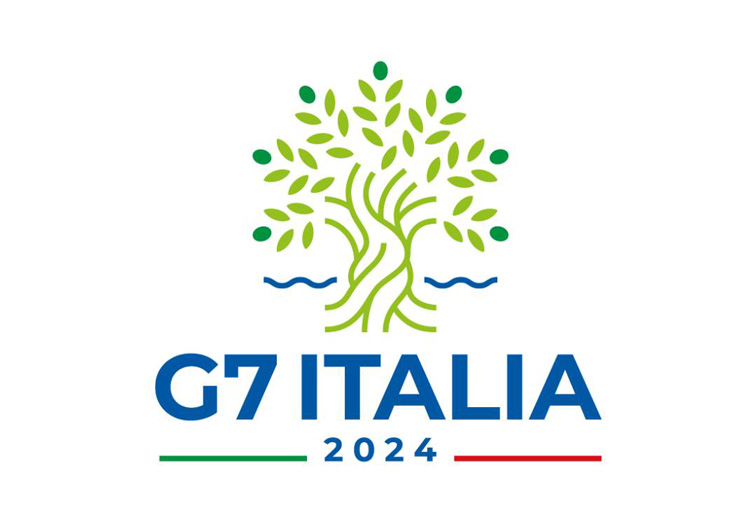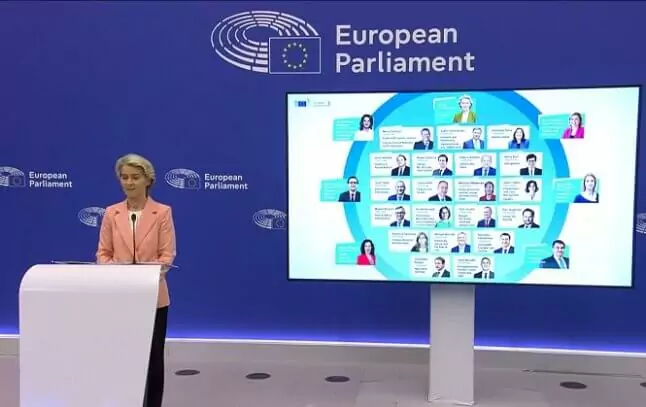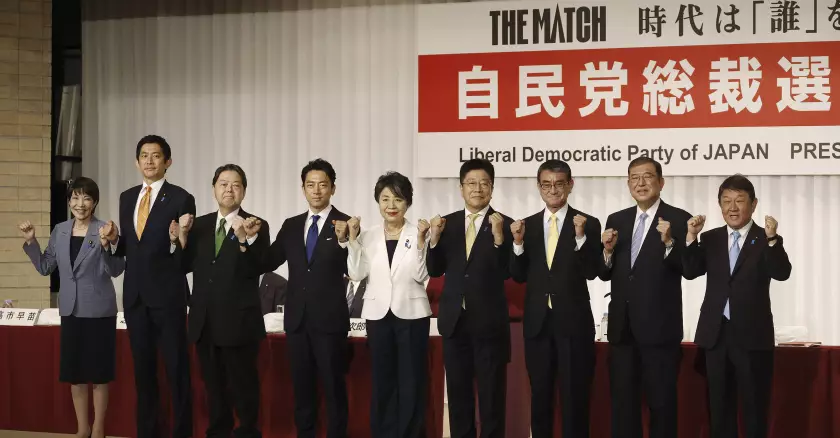The future Italian G7 presidency in the wake of the Hiroshima Summit

dedicated to the upcoming Italian presidency of the G7 in 2024 was organized in Rome by the Institute of International Affairs (IAI), one of Italy’s leading think tanks on international issues.
Organized in partnership with Focus 2030, a non-governmental organization committed to achieving the Sustainable Development Goals, the event was devoted to “The Role of the G7 in Promoting North-South Cooperation”, in the wake of the Hiroshima Summit on 20 May and just a few days before the Summit on a New Global Financial Pact organized by France on 22-23 June in Paris.
Against this backdrop, Luca Ferrari, the Italian Prime Minister’s new G7/G20 Sherpa and former Italian ambassador to Riyadh and Beijing, took the floor to present his outlook, having just returned from the Hiroshima Summit, a summit which, in his view, established the G7 as a “control tower for democracies”, at a time when the war in Ukraine is still going on – and could unfortunately once again take center stage at the next G7 – and when the risk of the use of nuclear weapons is becoming ever more threatening – leading the Japanese to symbolically hold their summit in Hiroshima.
At this stage, the Sherpa has only sketched out a number of themes, without going into further detail. However, a number of observations can be made about the geographic and thematic focus evoked by the Sherpa.
Geographic focuses
- Whereas the Japanese G7 was “Asia-centric”, in Ferrari’s words, the Italian G7 will be primarily a Mediterranean presidency, which dictated the choice of holding the summit, probably in June 2024, in the Puglia region of southern Italy, a land that has historically been a place of passage and communication between Europe and Africa, but also of migration, which will no doubt be a distinctive theme of this presidency;
- In this context, Africa will occupy a central place, in line with the idea of strengthening dialogue and solidarity between North and South, whether on climate issues, food security, economic security or migration. We can expect a large number of external guests from the African continent, as well as from Brazil and South Africa, which will successively preside over the G20 in 2024 and 2025.
- Following on from the Japanese G7, the Indo-Pacific will undoubtedly remain a region of central interest for the next presidency. Italy, though less familiar with the theme than the USA, Japan or France, is the only Western country to have signed up to the New Silk Roads project. While it has joined a fighter jet project in partnership with the UK and Japan, it is likely to use its G7 presidency as an excuse to withdraw and limit any retaliatory measures announced by China in the event of its withdrawal.
Thematic focuses
- Migration: the Italian G7 will naturally make this a priority, since according to the United Nations High Commissioner for Refugees (UNHCR), Italy still accounts for over 50% of migration from Africa to Europe. The subject is likely to be tackled from the angle of development in the countries of origin, as well as the problem of regional insecurity, which encourages unemployment and departures. The issues of internal migration and climate change are also likely to be addressed;
- Climate: the Italian G7 will follow on directly from COP28, to be held in December 2023 in the United Arab Emirates, during which we can expect in-depth discussions on financial solidarity between North and South to ensure the energy transition to a low-carbon economy, also following on from the summit organized by France in June 2023 for a new financial pact between North and South, in which Italy is expected to take part;
- Food security: The Italian G7 will naturally draw on the presence of the major multilateral agri-food organizations in Rome (FAO, WFP, IFAD), and on the work begun at the Hiroshima Summit, which adopted the Hiroshima Action Statement for Resilient Global Food Security. The transformation of agriculture, a major contributor of greenhouse gases and at the same time not very resilient in the face of climate change, appears to be essential if we are to meet the demographic challenge of the future;
- Economic security: the Covid-19 pandemic, the war in Ukraine and geopolitical tensions with China have made this a central theme of the German and Japanese G7 presidencies. The Japanese G7’s adoption of the concept of de-risking vis-à-vis China (as opposed to more confrontational de-coupling) is a good illustration of the attention being paid to securing global value chains, including semiconductors and critical minerals.
Other themes were touched on more quickly by Luca Ferrari, including health, gender equality and artificial intelligence, while the ensuing discussion between several speakers from the development world highlighted the issues of climate finance, poverty alleviation and the resilience of global value chains.
It is possible that these themes will take on greater prominence as discussions around the next G7 agenda become clearer over the coming months./. mr




